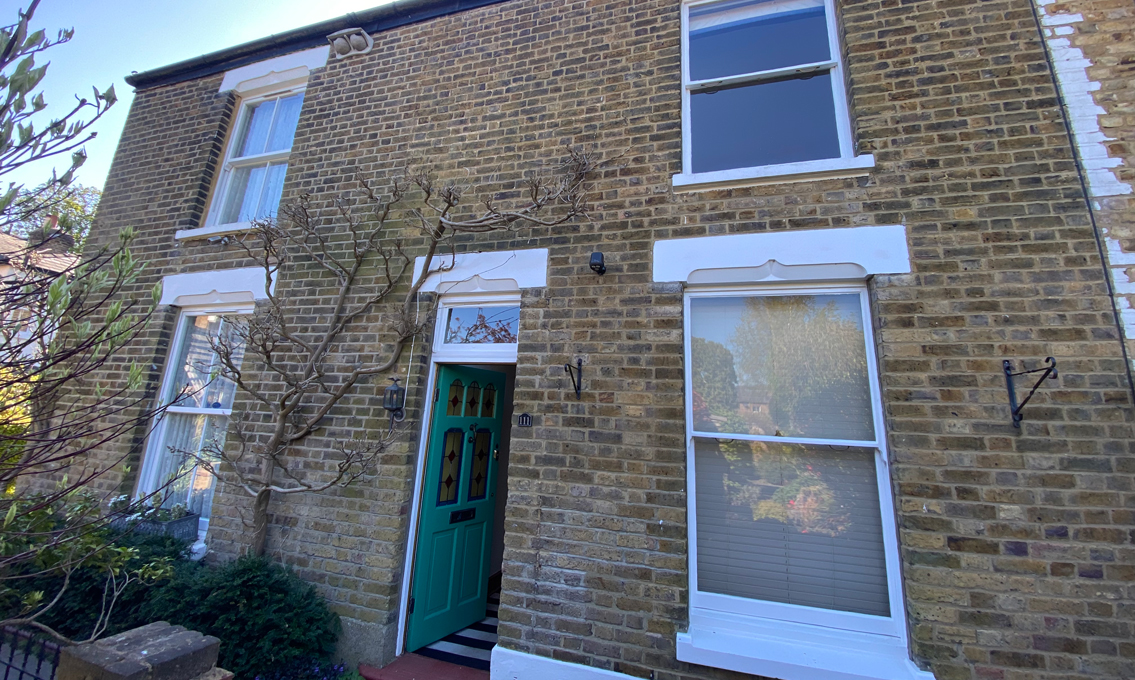The Grenfell Tower tragedy in London in 2017 prompted a public inquiry, after which various professions within the building industry began to reassess what it means to be competent. Competence is distinct from merely having experience, as outdated or incorrect experience can result in significant issues. Whether dealing with the design and specification of buildings and refurbishments, like the cladding at Grenfell, or the appraisal and surveying of buildings, serious problems can occur if those responsible are not genuinely competent.
This principle extends to structural engineers drafting reports and surveyors conducting routine domestic house surveys, even though these activities are separate from the design and specification of building works. If a property survey is conducted by someone lacking competence, errors will go unnoticed, and incorrect advice may be given. This could lead to clients purchasing unsuitable properties, especially if costly repairs are later needed that were not identified in the pre-purchase survey.
A recurring issue among structural engineers involves non-qualified individuals performing design calculations, as well as substandard reports being produced by junior staff and unchartered engineers. Although the consequences of poor reporting are generally less severe than calculation errors that could compromise a building’s structural integrity, both highlight the critical importance of competence.
Building a safer future
Competence was the central theme of Dame Judith Hackitt’s “Building a Safer Future” report, which has become something of a manifesto for building safety information. The Building Safety Act 2022 was enacted following the Grenfell findings, alongside the publication of British Standard BS 8670-1 2024, which establishes a competence framework for building safety. This framework aims to ensure major design projects employ individuals with the relevant experience and competence, fostering seamless information sharing and responsibility among the various professions involved in building design or refurbishment.
While inspecting buildings and producing structural engineering reports for residential properties is distinct, the same learning points apply. Clients should rightfully expect that those conducting such reports demonstrate both experience and competence.
What you need to achieve true competence
Competence is understood to arise from a blend of four fundamental elements:
- A) KNOWLEDGE
- B) SKILLS
- C) EXPERIENCE
- D) BEHAVIOUR
For someone to achieve true competence, they must possess the right balance of skills, knowledge, and experience, paired with suitable behaviour. The British Standard BS 8670:2024 frequently references these elements, abbreviated as SKEB.
Competence must pertain to the role of the individual, whether undertaking a site inspection to diagnose a structural issue, writing reports or dealing with clients regarding commercial and financial issues.
When conducting a structural engineers report site inspection to diagnose concerns like subsidence or roof spread, it is vital that the task be undertaken by a COMPETENT professional, as pre-purchase reports often necessitate immediate judgment. Delays for further inquiry, testing, or monitoring are impractical. Therefore, the author strongly recommends that such inspections and reports be carried out by thoroughly qualified Chartered Structural Engineers, capable of making accurate, informed decisions on the spot.
As outlined by the Engineering Council in the 2020 UK Standard for Professional Engineering Competence and Commitment (UK-SPEC) 4th Edition, various membership grades correspond to distinct levels of activity and function.
Table 1 of the Engineering Council Guidance clearly differentiates the expected competence between Engineering Technicians, Incorporated Engineers (IEng), and Chartered Engineers (CEng).
Moreover, the Institution of Structural Engineers’ professional Code of Conduct stipulates that ‘members shall undertake only those tasks and accept only those appointments for which they are competent’.
In summary
The consequences of the Grenfell fire tragedy forced the entire construction industry to take a close look at itself leading to noticeable improvements across the sector.
In particular, it is not clear that only those with demonstrable skills and competences should undertake the design of a particular building suited to their skills. This principle should extend to all professional services, including Structural Engineers Reports, especially at the point of sale. Limited time is often available to inspect and report on findings, and critical life decisions, such as whether to purchase an expensive home, hinge on the quality of this advice.
It is therefore essential for clients to engage only chartered Structural Engineers with proven competence in the specialised field of residential surveys and reports.
Image by monikazoran from Pixabay




